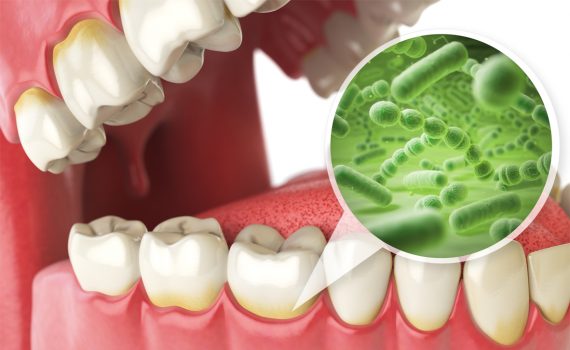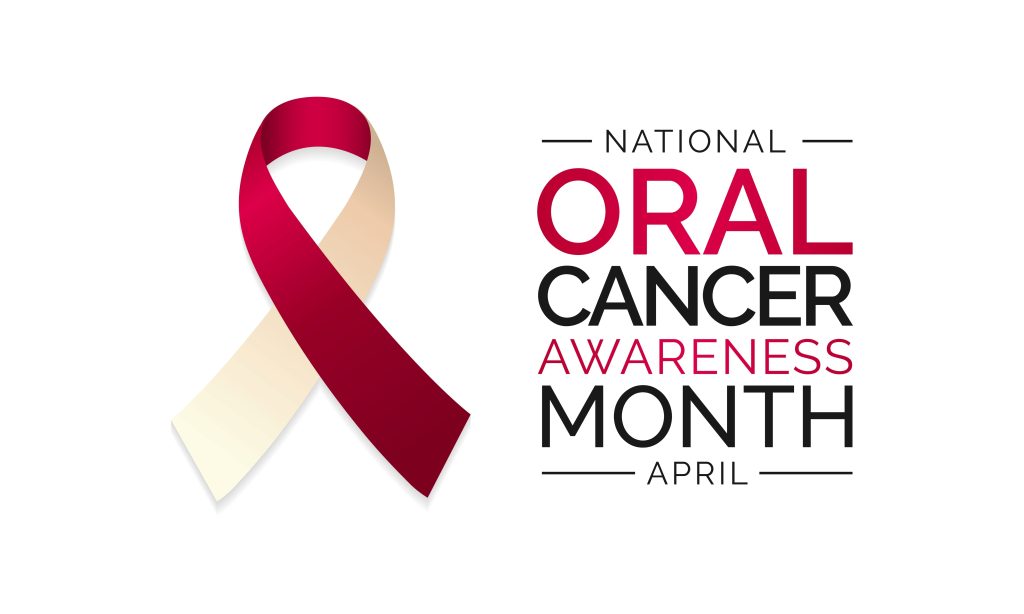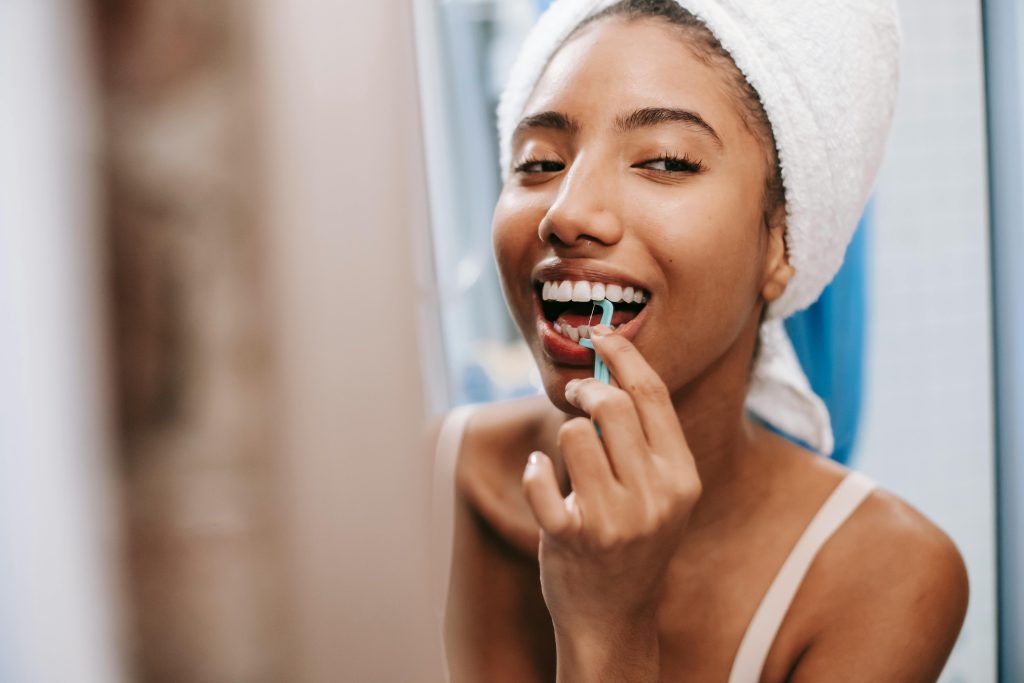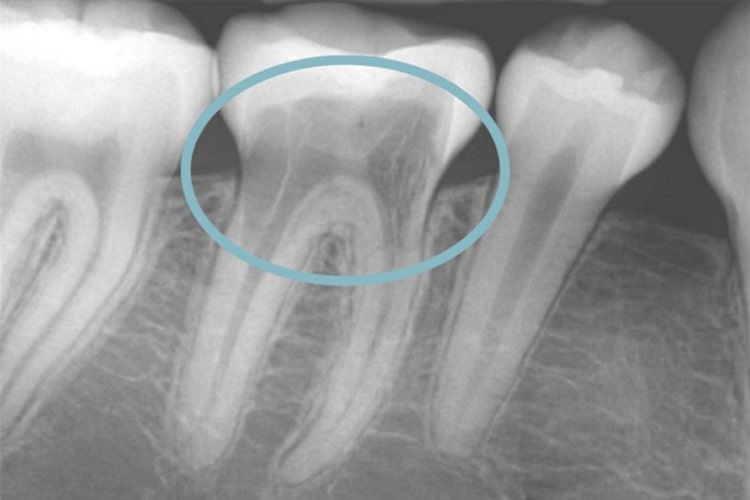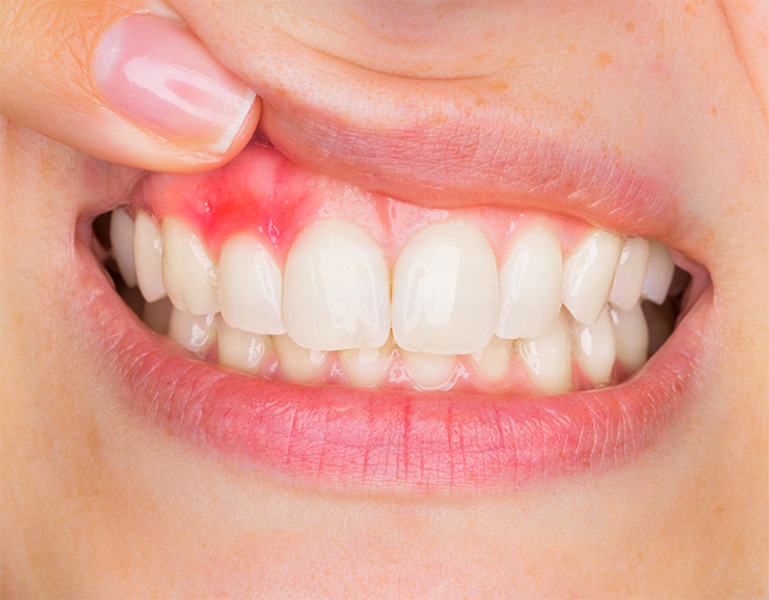Dental health correlates with overall health. Contributing to total body wellness is an overarching goal of St. Lawrence Dentistry. This article explores ways we can work together to improve your oral health goals.
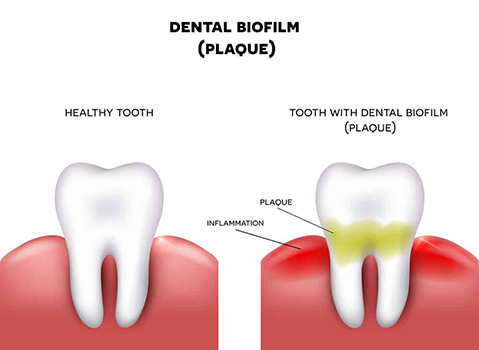
The concept of Biofilm is fundamental to understand the role of our dental hygienists. Bacterial colonization in the oral cavity starts at birth and continuously changes. A biofilm is a community of colonized cells on a surface. A dental biofilm consists of over 700 oral microbial species and demonstrates a distinct method of conditioning a tooth surface. Our patients deal with Biofilm throughout their whole lives. As you Mississauga dental professionals, we can help manage it by rubber tip polishing using ‘prophy angles’. In other words, the selective polishing done by our dental hygienists can help prevent biofilm growth and oral disease progression.

The foundation of success for any dental treatment is educating our patients on proper oral hygiene.
Some great steps to improve oral hygiene are:
- Reduce sugar intake
- Brush twice a day
- Floss once a day
- Use mouthwash
- Eat healthy snacks
- Brush properly
Sometimes patients are surprised to find out that things they are eating and drinking can cause damage to their teeth. Drinks like Gatorade, lemon water, and colas all have high acidity, which can erode teeth. These types of beverages are most widely consumed by millennials, which also tend only to brush once a day, and only 14% of them use a mouthwash. Many patients can benefit from changing their oral care routines to advance their oral health.
Dental cavities have been on the decline over the past several years, but they are still prevalent. Decay is an irreversible microbial disease that causes demineralization of the calcified tissues of teeth. The cause is an oral biofilm dominated by the bacteria ‘streptococcus mutans’ and ‘lactobacilli’. Also, the Biofilm often contains dietary sugars. The plaque bacteria metabolize the sugars, and the byproduct is acid with can erode teeth.
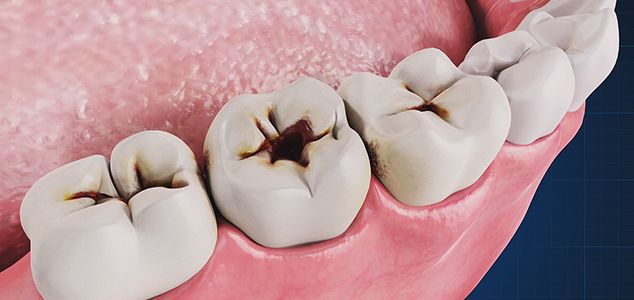
Dr. Hawryluk Jr. and our dental hygiene department can help you investigate what your oral health challenges may be and come up with solutions. They will look at a patient’s medical history and are particularly interested in what medications a patient takes and if they have a history of dry mouth. Drugs and ‘dry-mouth’ are interrelated and can influence the amount of ‘dental biofilm’ a which may be challenging a patient. Many people have gingivitis, and this contributes to inflammation of the body as a whole. Prevention is by necessary cleaning of teeth and interruption of habits like smoking and mouth breathing. Dr. Hawryluk will develop a plan for you to eliminate gingivitis and any other dental issue.
Fluoride helps teeth both before and after they erupt into the mouth. Creating a fluoride-rich environment before the tooth erupts will strengthen the enamel and make it less susceptible to acidity. After the eruption, the tooth enamel continues to uptake fluoride, which further strengthens the tooth and decreases its solubility.
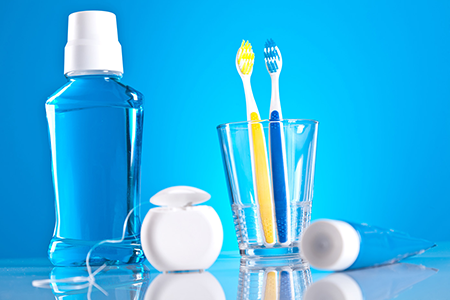
Fluoride plays a pivotal role in decay prevention. The primary mechanism of action of fluoride is topical, which enhances the remineralization of the tooth enamel. It also inhibits tooth demineralization. Also, it lessens the ability of mouth bacteria to produce acid from sugars. Fluoride is clinically proven to reduce the probability of dental caries by 25% in moderate to high-risk children, adolescents, and adults when applied 2-4 times annually. When evaluating a fluoride varnish to use, we look for a product that does not contain gluten, casein, soy, or nut saccharin or aspartame.
Although fluoride has many benefits, we always have to be mindful that too much can be detrimental. An increased intake of fluoride causes ‘Fluorosis’ during permanent tooth formation. Mild forms of fluorosis appear as chalk-like or lace-like markings on the tooth enamel. Severe forms can result in ‘brown pitted enamel.’ Fluorosis has increased due to increased availability and ingestion of multiple sources of fluoride– including food, beverage, toothpaste, and other oral care products. Please talk to one of our dental hygienists if you have questions about fluorosis.
For areas of extensive tooth demineralization, Dr. Hawryluk offers a treatment called ‘ICON’ – which can prevent the need for dental fillings. ICON can arrest the progression of early enamel cavities in the first one-third of dentin without any loss of healthy tooth structure. Soft tooth structure infiltrated by ICON takes on the appearance of the surrounding healthy enamel and provides a highly esthetic and non-invasive treatment alternative to dental fillings. ICON can penetrate soft tooth structure due to its extremely high penetration coefficient.
At St. Lawrence Dentistry, we are committed to our patient’s oral health and well being. If you are looking for a new dentist in the Mississauga area, please give us a call.
- Detecting Oral Cancer Early: The Importance of Regular Screenings - April 7, 2024
- The Ultimate Guide to Dental Hygiene: Tips for a Healthy Smile - March 31, 2024
- Unraveling the Mystery of Tooth Resorption with St. Lawrence Dentistry - March 28, 2024



